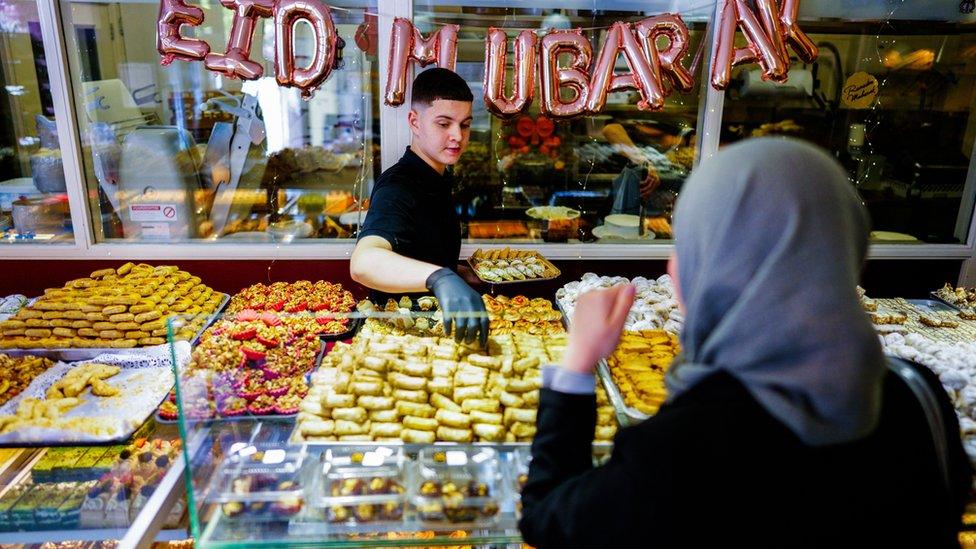Eid: The young Muslims tackling fasting and football
- Published
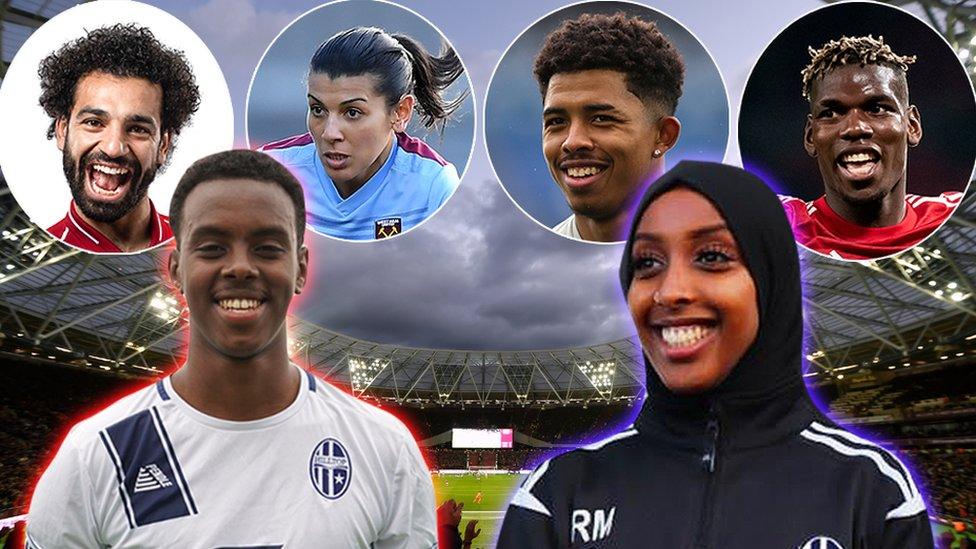
"You can play and enjoy the game without compromising your faith."
When Leicester City defender Wesley Fofana walked to the sidelines to break his fast against Crystal Palace, it was the first time Premier League players agreed a pause in the game for that reason.
It's since happened in other Premier League matches during the Muslim month of Ramadan, which ends today with the celebration of Eid.
For Rahma Moktar, that moment and the representation of Muslims in football is a big deal.
"It shows the world you can be Muslim, fast and still do your job," the 23-year-old tells Radio 1 Newsbeat.
Compared to the earlier days of the Premier League, there are now more notable Muslim footballers, including some of the biggest names in world football such as Mohamed Salah, Paul Pogba and N'Golo Kante.
Faith and football
Rahma plays for the women's side at London grassroots team Hilltop FC, and seeing top superstars practise their faith openly is encouraging to young Muslims like her.
"It pushes people like me to continue doing what I'm doing and show if Pogba and Fofana can do it, so can I."
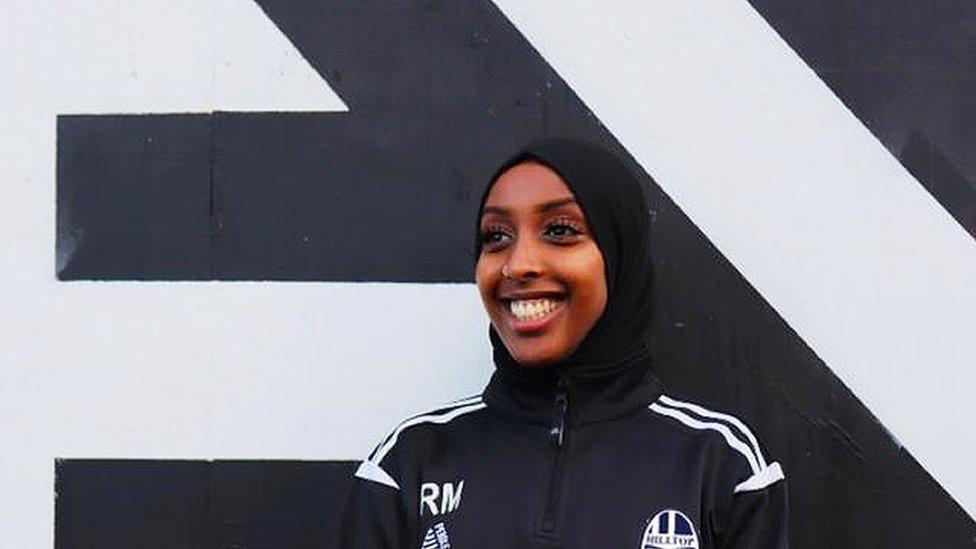
Chelsea fan Rahma says: "It feels good seeing big clubs and players getting the recognition they deserve"
She also looks at the women's game and points to the West Ham trio of Hawa Cissoko, Nor Mustafa - and Kenza Dali, who broke her 17-hour fast at half-time during a game.
"We play in our head scarves and tracksuits, not in shorts. So it allows us to continue practising our faith, playing the game we love," says Rahma.
'A sense of belonging'
Omar Dirow plays for the men's team at Hilltop FC, and seeing Premier League pros fast for Ramadan like he does, helps him identify with them.
"I'm an Arsenal fan so I've been praying my whole life for them to win," the 22-year-old tells Radio 1 Newsbeat.
"Seeing that representation, I feel more invested in the whole league, not just Arsenal. It's like there are bits of me playing."
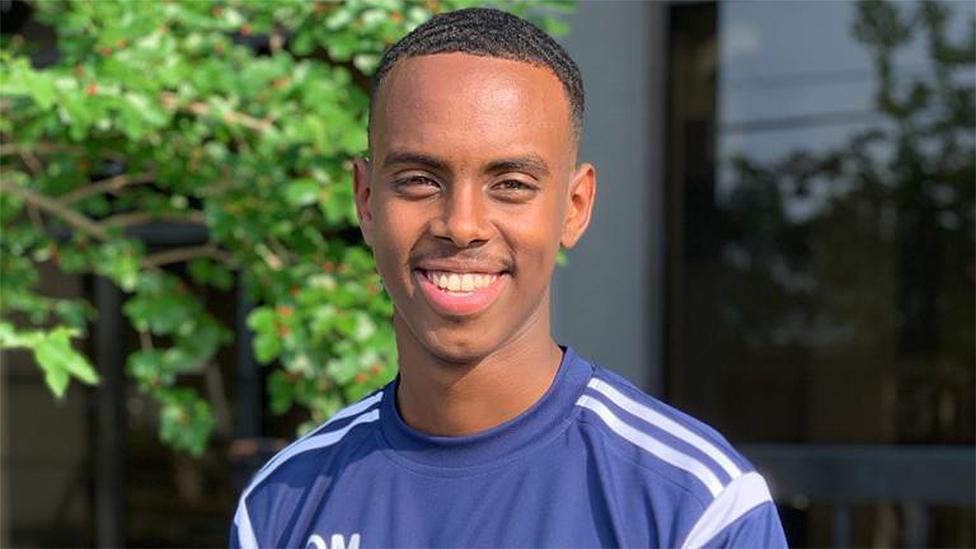
During Ramadan many Muslims, like Omar, abstain from food and drink in daylight hours
Many of his teammates come from a similar background.
"You feel a sense of belonging. That's the reason I feel at home playing for Hilltop than other clubs I've played for."
Jayed Hussain agrees.
The 28-year-old is part of the Midnight Ramadan League in Birmingham, hosted by Saltley Stallions FC, which has organised games for those fasting.
"When I was younger, there wasn't much Muslim representation around. But now for people growing up and us as adults, there's so many players to look up to."
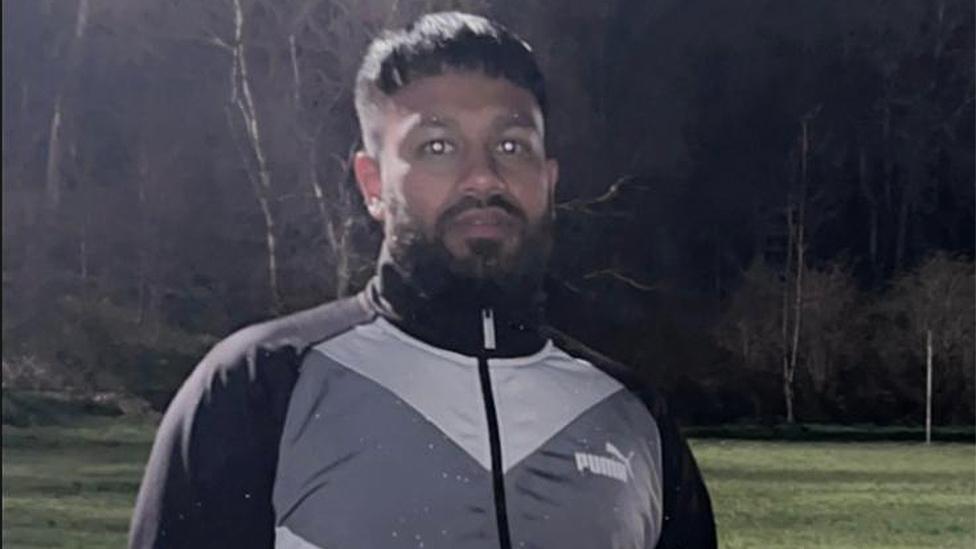
Manchester United fan Jayed feels there are more Muslim role models in football nowadays
He feels young Muslims may not have been as open about their faith before, but the rise of footballing figures like Mo Salah and Paul Pogba has changed things.
"There are so many more role models that people can relate to."
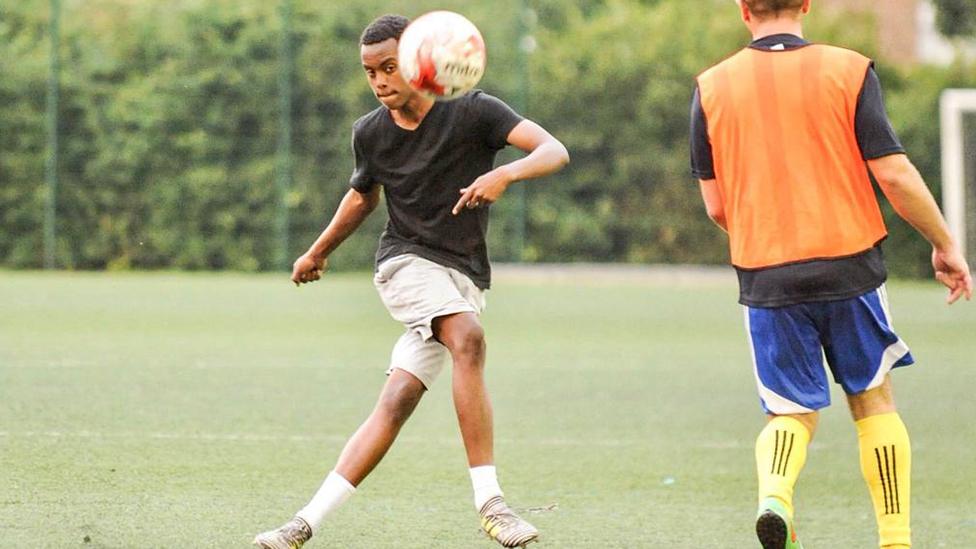
Omar is a student at Brunel University
Growing up, Omar's life goal was to become a professional footballer.
"My mum would ask if coaches would let me pray because as a Muslim you have to pray five times a day."
Often that wasn't the case, but this year Omar experienced a match stopping so he could break his fast.
"I always play during Ramadan and instead of a scheduled break to pray, normally someone would go down injured and it would give us a chance. Thankfully it's different now."
The effect of top players continuing to fast while playing football makes people "more accepting and compassionate" for someone's religious beliefs, Omar says.
Jayed adds people will feel they can commit to their faith rather than it being something temporary.
"A lot of people think we can't fast and play football. But seeing top footballers doing it for big teams and playing really well is an inspiration."
Allow X content?
This article contains content provided by X. We ask for your permission before anything is loaded, as they may be using cookies and other technologies. You may want to read X’s cookie policy, external and privacy policy, external before accepting. To view this content choose ‘accept and continue’.

The traditional involvement of alcohol in celebrating big wins has been seen as being potentially off-putting for young Muslims wanting to be involved in the game.
For Rahma, the game's evolved.
"You can celebrate as a team but also be respectful of other people's beliefs and do that after," she says.
That's something the England cricket team have done, with Muslim players Moeen Ali and Adil Rashid included in celebrations, external before the cricketers sprayed the traditional champagne.
"Lots of teams can do it and it shows we're a team and want to celebrate together, but we will try and be as inclusive as possible."
Omar adds: "Muslim parents can now be less fearful and encourage their kids, knowing there's greater respect for their faith. And I think more people will play football."


Follow Newsbeat on Instagram, external, Facebook, external, Twitter, external and YouTube, external.
Listen to Newsbeat live at 12:45 and 17:45 weekdays - or listen back here.
Related topics
- Attribution
- Published27 April 2021
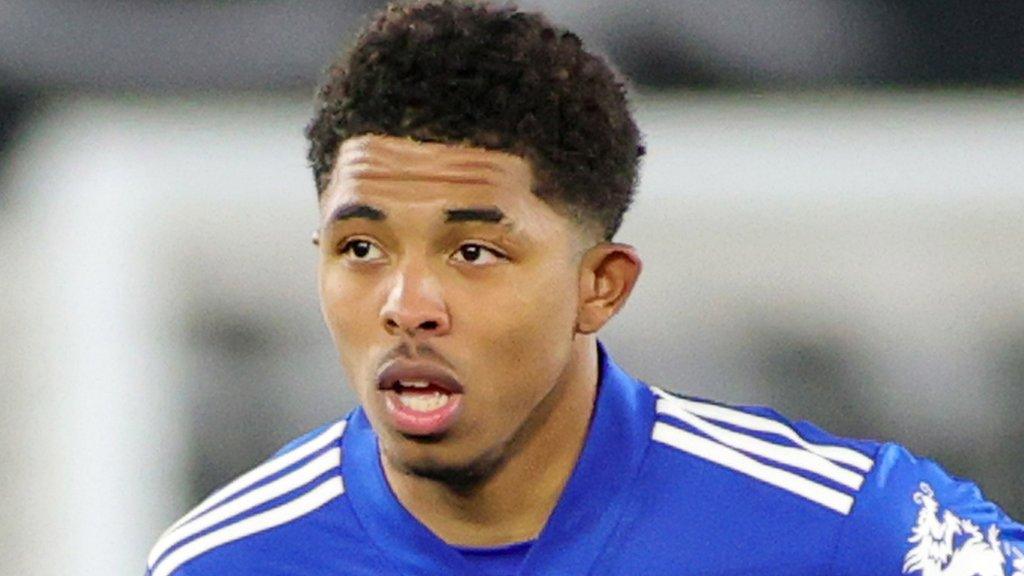
- Attribution
- Published15 June 2017
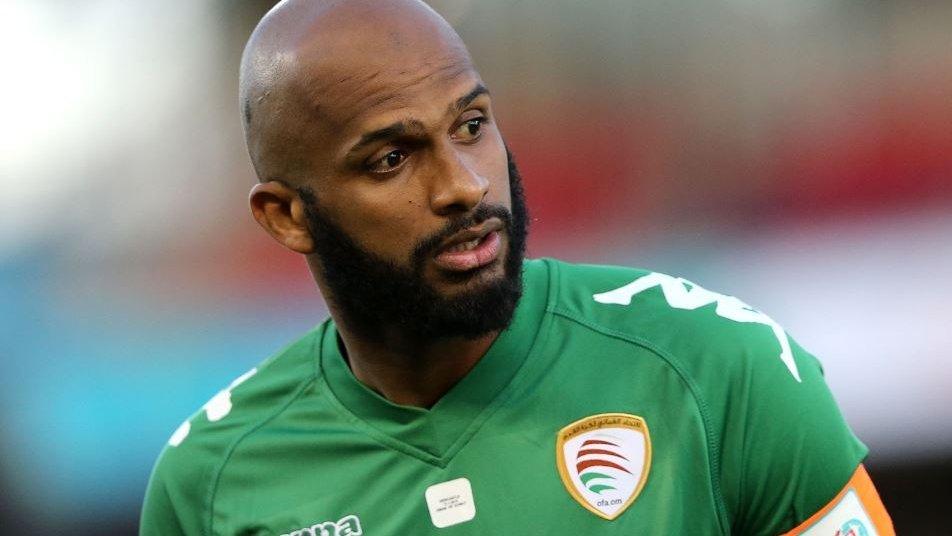
- Published23 September 2020
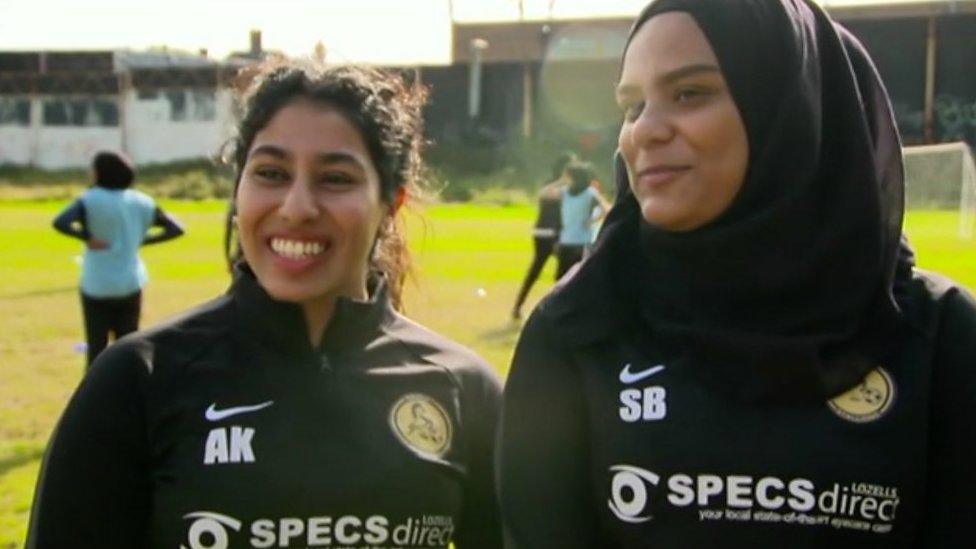
- Attribution
- Published12 March 2021
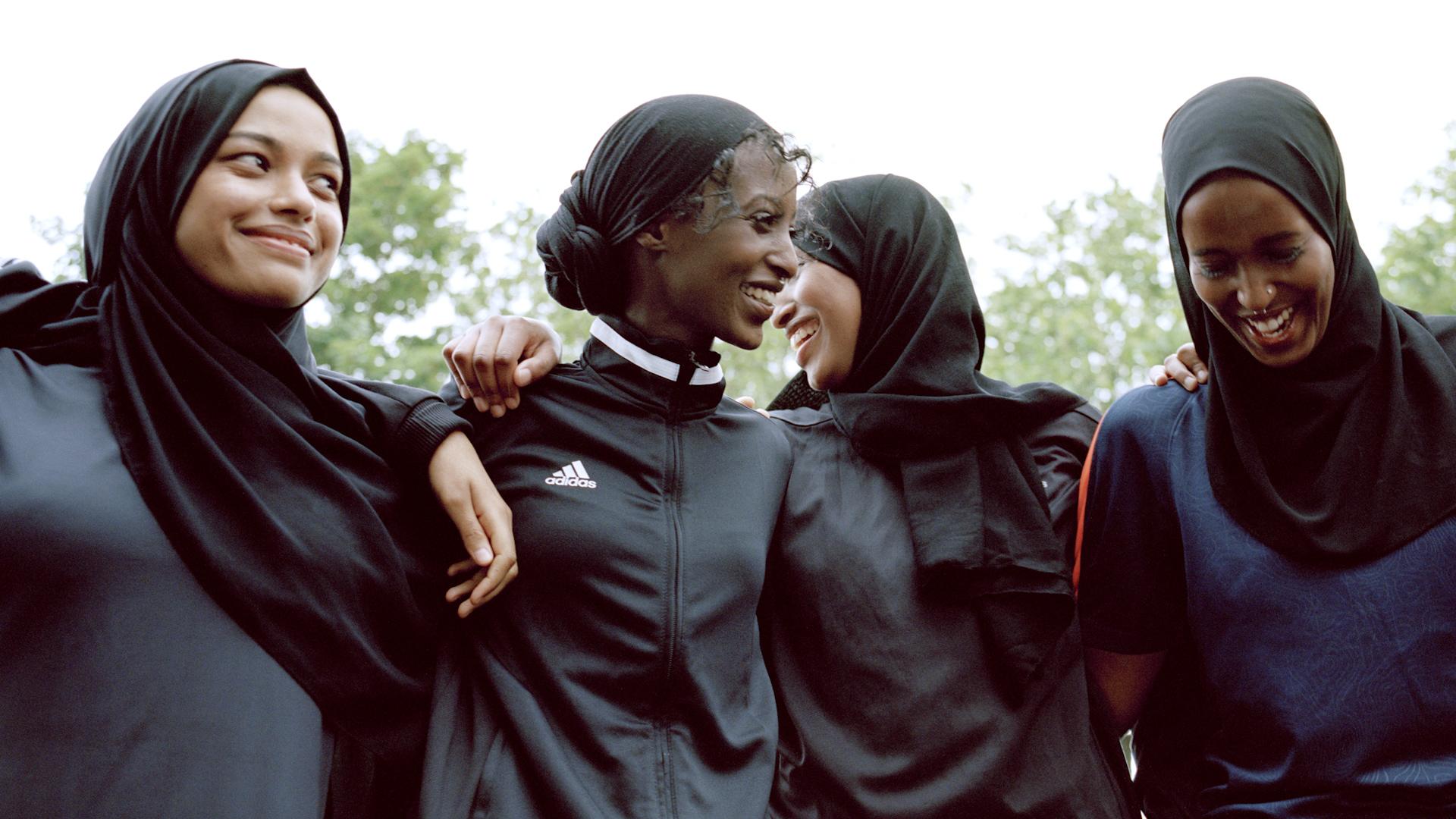
- Attribution
- Published17 August 2020
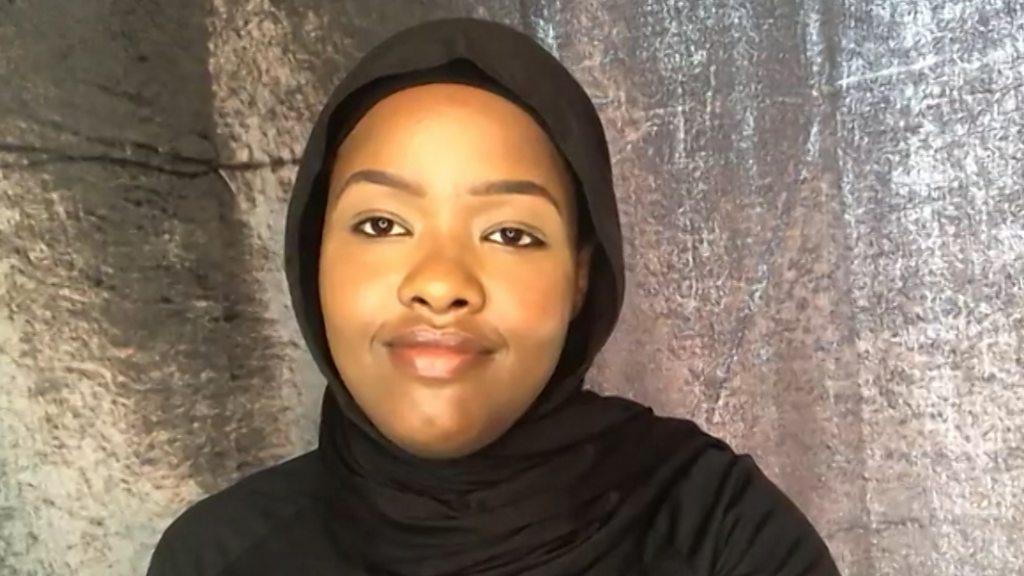
- Published10 April 2024
